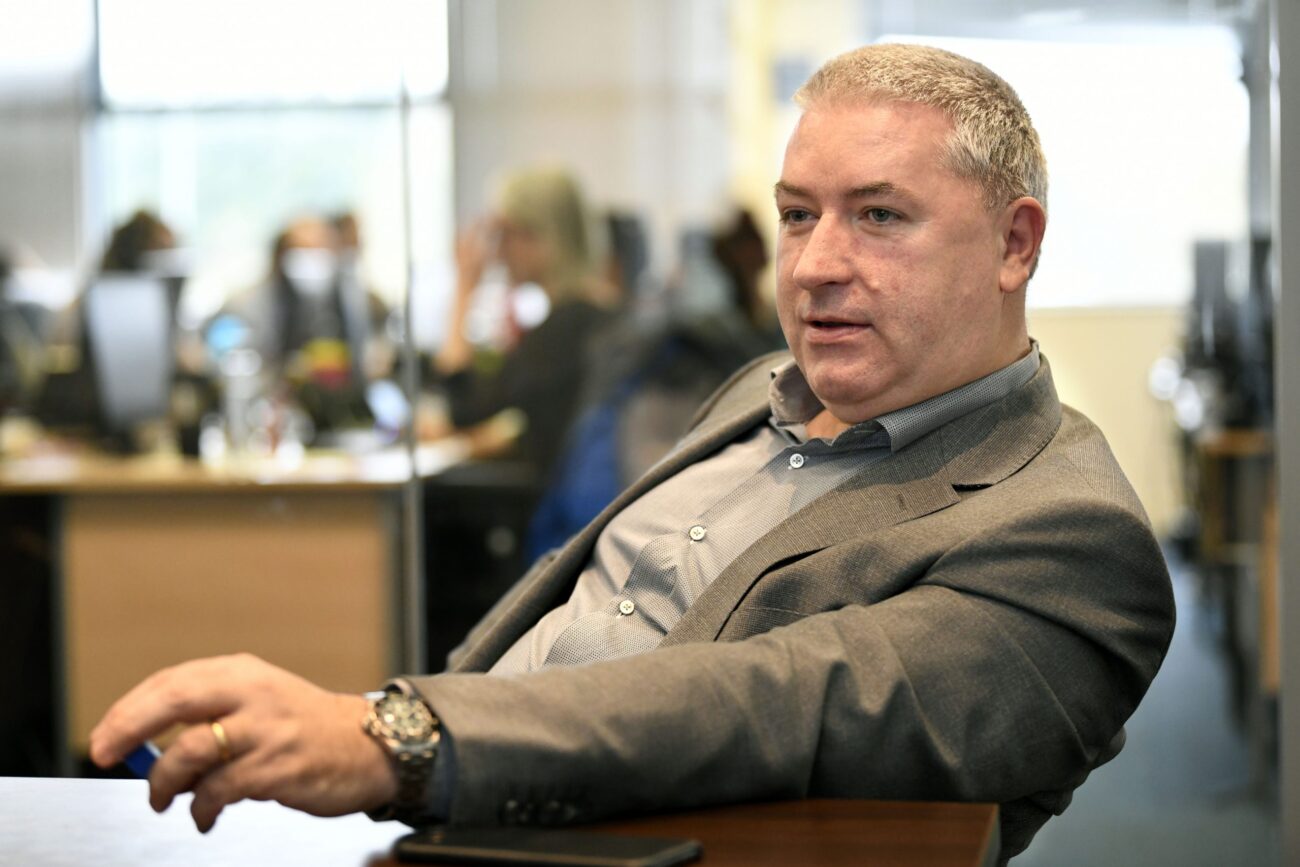Visitors to Bective Stud are soon greeted by the strikingly spectacular sculpted spectacle of two horses, dancing together in beautiful unison. Procured at the Chelsea Flower Show for X amount and shipped over to County Meath for Y amount, it tells you a little and a lot about Noel and Valerie Moran, racing’s up and coming powerhouse couple. Moran, a proud native of the Royal County, comes across as a humble man, despite his enormous wealth. Moran, 51, left school at 17 and got a job in the bank. He worked in various back-office jobs for 19 years but came…
Cancel at any time. Are you already a member? Log in here.
Want to read the full story?
Unlock this article – and everything else on The Currency – with an annual membership and receive a free Samsonite Upscape suitcase, retailing at €235, delivered to your door.

